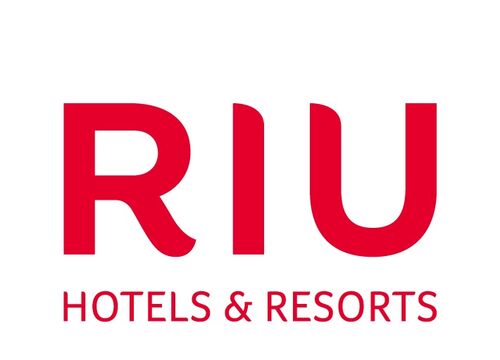- Projeto Biodiversidade records twice as many nests on Isla de Sal as last year; while on Boa Vista, BIOS.CV counts four times more than in 2014.
- Both NGOs have the support of RIU Hotels & Resorts in Cape Verde.
Projeto Biodiversidade and BIOS CV, two Cape Verdean environmental conservation organisations, have contributed, with the support of RIU Hotels & Resorts, to the increased number of loggerhead sea turtle (Caretta caretta) nests, a significant recovery of nesting activity on Boa Vista, quadrupling the results from 2014. In total, Projeto Biodiversidade recorded 7,634 new nests of this turtle in 2017, twice as many as the previous year, for which the figure was 4,120; for its part, BIOS.CV in Boa Vista recorded 4,688 nests, consolidating a very significant and steady increase since 2013.
These are magnificent results considering that the Caretta caretta population of Cape Verde is the third most important population of this species in the world, while also being among the 11 most endangered populations of sea turtles on the planet. RIU Hotels, BIOS and Projeto Biodiversidade are thus strengthening partnerships formed in 2011 and 2016, respectively, aimed at protecting the wildlife of Cape Verde through plans for protection of the archipelago's environment and ecosystem on Isla de Sal and Boa Vista.
This record spawning season on Isla de Sal, with 7,634 nests, started with the discovery of the first on 14 June 2017, one week earlier than the previous year, and the last on 20 November. According to data furnished by Projeto Biodiversidade, in 2017 a total of 250 turtles were captured, 14 of them rescued; however 238 specimens were lost, 203 on unprotected beaches and 33 on protected beaches.
In order to protect nests found in poor condition, the association moves them to different hatcheries spread over Isla de Sal. In 2017, 1,310 nests (17% of the total of those recorded in the zone) were moved to incubation zones, 948 of them to the main RIU Hotels hatchery located on the beach in front of the resort. In total, more than 70,000 turtles were released from the hatcheries on Isla de Sal.
As regards Boa Vista, this year BIOS.CV has identified a total of 4,688 turtle nests of 910 separate females on the beaches monitored by this association within the Das Tartarugas Nature Reserve, the zone with the highest density of this species in the world. The season this year lasted from 15 May to 20 November and resulted in more than 20,000 nests being recorded on the island as a whole. It's very important to highlight that no captures of adult females or looting of nests was recorded on the João Barrosa beach. Unfortunately, hunting of females on other beaches and at sea continues to be a serious problem on Boa Vista. A total of 29 lost females in grave mortal danger in the vicinity of the beach were rescued in wetlands or rocky areas.
Besides maintaining this hatchery, RIU Hotels finances the structural expenses of the NGOs and collaborates in sustaining the volunteers, as well as in other environmental activities with tour operators and customers. In addition, the hotels are monitored by the NGOs in compliance with recommendations for not altering the habitat of the species in the area.
Accordingly, in 2016 RIU sponsored, together with Projeto Biodiversidade, maintenance of the camps during the entire turtle protection campaign and, with its support, 20 people were hired and 40 volunteers recruited, 4,126 turtle nests were recorded, 904 nests were monitored in two hatcheries, one in front of the RIU hotels, where a hatching rate of 79% was achieved. Lastly, no fewer than 49,716 turtles were released to the sea.
For its part, BIOS Cape Verde, with the support of RIU Hotels, has expanded in 2018 from one to three controlled incubation hatcheries to avoid the loss of nests due to animal depredation, flooding and coastal erosion. In them 998 nests, 21% of the total number of nests recorded, were deposited, guaranteeing that more than 56,000 hatchlings will make it to the sea.




 Austria
Austria

